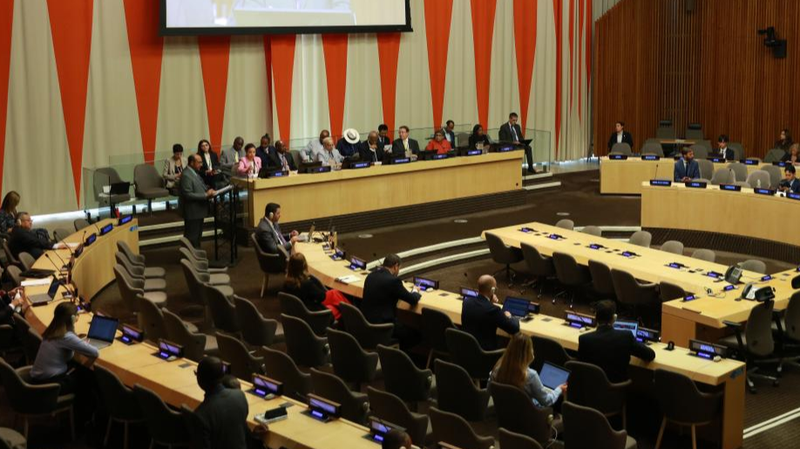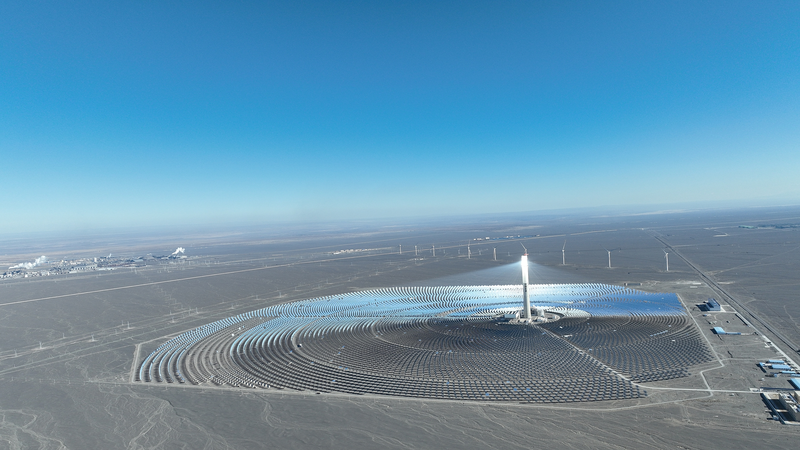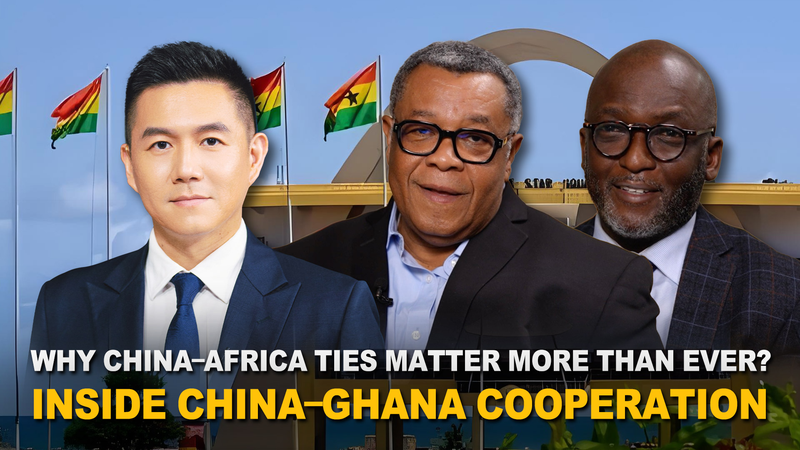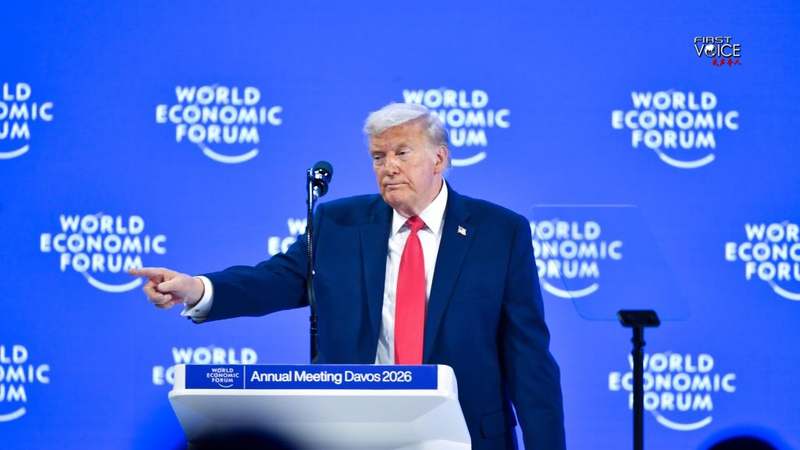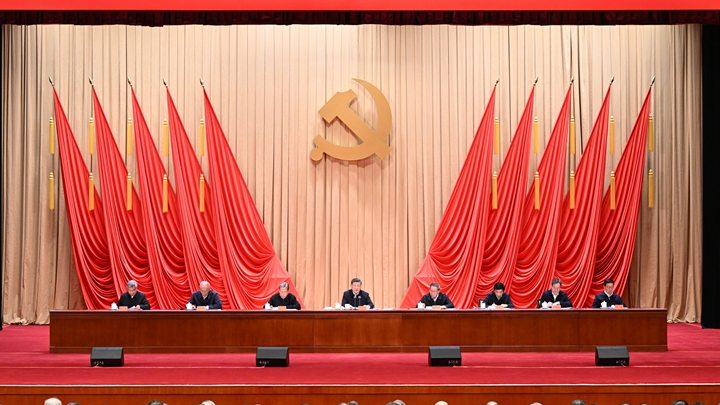Every September 12, the United Nations marks South-South Cooperation Day 🌍, celebrating the 1978 Buenos Aires Plan of Action, which kicked off four decades of developing nations working side by side.
What began as a solidarity pact has grown into a powerhouse for financing, knowledge exchange and joint problem-solving across the Global South. But today’s challenge is clear: it’s not just about aid; it’s about agency.
That’s where China steps in. As the world’s largest developing country, China has moved from donor to driver. In 2021, President Xi Jinping launched the Global Development Initiative (GDI), pledging billions to accelerate the UN 2030 Agenda for Sustainable Development. A $10 billion GDI fund, together with recent grants of 2 billion yuan and loans of 10 billion yuan to Shanghai Cooperation Organization members, shows Beijing’s financial commitment 💪.
But money alone isn’t enough. Developing countries need tools, skills and technology to build their own engines of growth. Through the FAO-China South-South Cooperation Programme, Chinese agricultural experts have shared over 450 techniques with more than 30,000 farmers across Africa. From improved seeds to modern irrigation, these innovations go beyond handouts—they create lasting expertise 🌱.
As South-South Cooperation Day arrives, the story is evolving from aid to agency. By combining financial power with knowledge transfer and local capacity building, China and its partners are shaping a more empowered Global South 🤝✨.
Reference(s):
South-South Cooperation Day: China's role in turning aid into agency
cgtn.com
